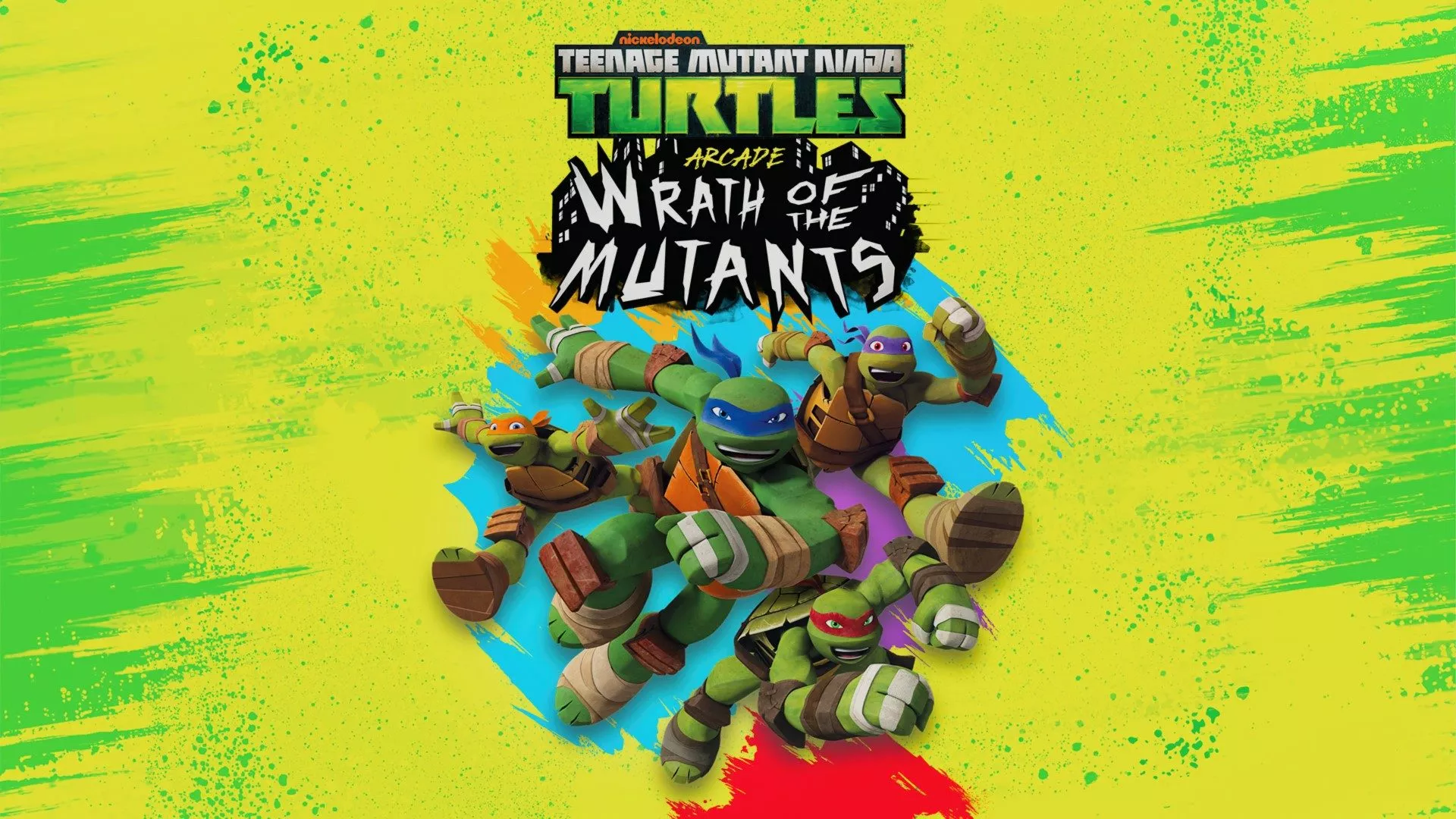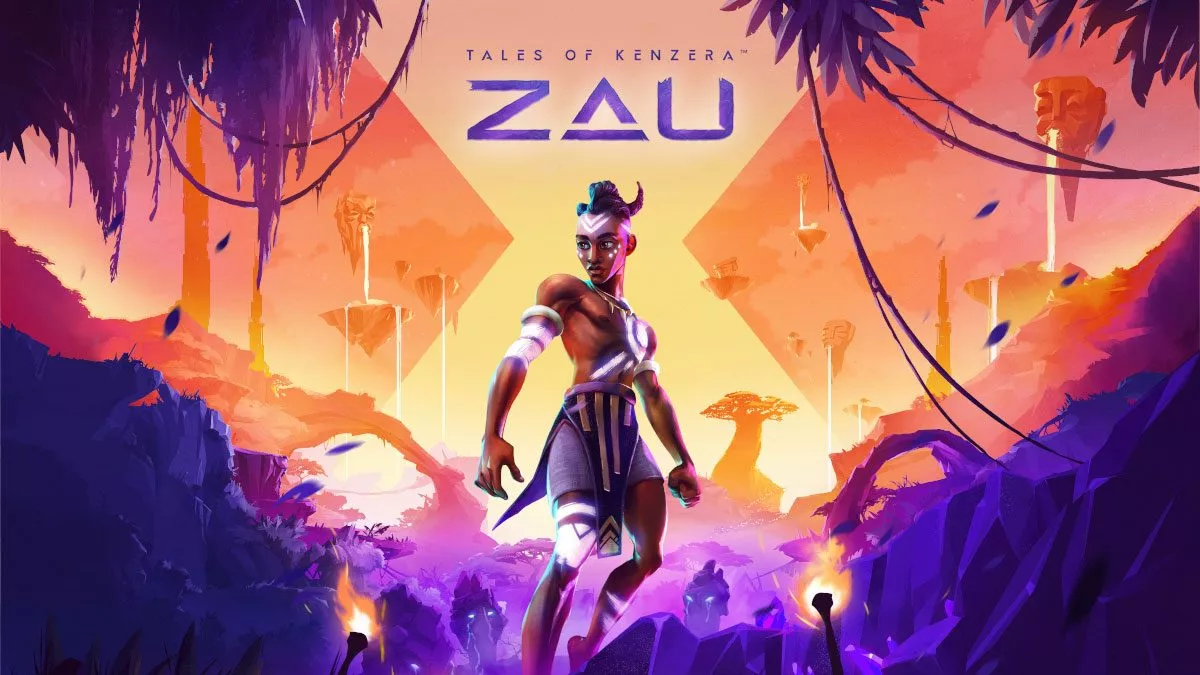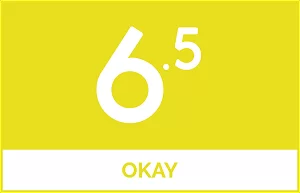To boldly go to Screenwriting 101.
I am a big fan of Star Trek. I am also quite a fan of role-playing games, but have always struggled to make traditional pen and paper ones work due to the scheduling demands they put on players.
When the press release for the Star Trek Adventures Captain’s Log Solo Roleplaying Game dropped in my inbox I was damn near overwhelmed with excitement. A single-volume rules system for generating endless adventures across the final frontier without having to synchronise calendars with friends was to me like a dream come true.
Let me make it very clear up front: Captain’s Log is a deeply niche game, more so than even the descriptor of ‘solo Star Trek RPG’ would suggest. If you’re looking for a dense system of rules that will take you on a Starfleet-themed rollercoaster ride then it will 100% not be for you. What Captain’s Log is, and what it actually is exceedingly good at being, is a story-generation tool for writing Star Trek adventures. It’s called Captain’s Log because that is exactly what you will be creating throughout a play session.
The 325 page hardcover book is roughly split between a primer on Star Trek itself, guidelines for creating characters with narrative hooks both in their histories and in relation to each other, general advice on storytelling and how a good Star Trek episode or movie tends to use the three-act structure, and lots of tables for randomly generating a prompt or outcome for any given situation that may arise.
It’s a role-playing game though right? Surely that means there are rules to abide by.
Well, yes and no.
A play session is structured as follows: after choosing an era, generating characters, a ship, and a mission, you write the opening entry in your captain’s log styled in the same manner as kicks off many episodes of the various Star Trek television shows. You’ll then run through fifteen narrative beat loops, which it suggests splitting into three groups of five to form a three-act structure, with a new in-character log entry being written by you when you come to the bottom of each act. The conflict of each narrative beat is left up to the player to create but should naturally be prompted by the initially generated mission outline, the characters involved, and/or what happened in the previous beat loop.
Maybe your mission generation rolls determined that you are escorting a VIP to a dangerous frontier, and you decide that this means you’re a Starfleet ship taking a Vulcan scientist to the edge of the Delta Quadrant to deploy an experimental sensor station to monitor for Borg incursions just a few months after the triumphant return of Voyager. You write a few opening paragraphs from your character’s perspective to reflect this, and then at the start of your first plot beat loop decide that it’d be fun to throw the Ferengi into the mix. You randomly generate, or create yourself, a Ferengi captain and ship, including their motivations, and decide that your crew have detected them following in your warp-wake before you arrived at your destination.
Every character and starship you create has a series of twelve statistics split into two lists of six. These are defined as attributes and disciplines with characters and systems and departments with ships. In any situation that may arise, you’ll choose one statistic from each of the two lists, combine their values that were established during character and ship creation, and attempt to roll under them on a D20.
Want to hail the Ferengi captain and try demanding that they explain themselves? Try combining your presence attribute with your command discipline. Want to try to analyse their ship without letting them know that you’re aware of their presence? Combine your ship’s sensors system stat with its engineering department stat, etc. You’ll then determine the outcome and establish where that leaves your characters and their mission for the next plot beat, and continue until you’re done.
It’s an elegant system for storytelling, except that at every turn Captain’s Log reminds the player that if they don’t think the outcome is narratively satisfying then they should feel absolutely free to just come up with a new one.
The kind of role playing where you ignore the rules in favor of what is more satisfying to the players is something I actually massively encourage on the whole, don’t get me wrong, but for me it really pushed Captain’s Log further into feeling like it’s a system focused on story crafting much more than story playing. I totally get that an endlessly generative solo RPG ruleset is inherently going to kind of be that way, but I was still left constantly wanting for there to be more to it that compelled me along beyond what the experience of just sitting down and fluffily writing the bullet points of a Star Trek episode without the aid of it would deliver.
As a toolset for coming up with stories I really do think that Captain’s Log is brilliant. It’s a beautifully laid-out book that’s easy to comprehend, and I feel like if Modiphius were to make a universe-agnostic version it would be an absolutely incredible resource for dungeon masters of any game system to aid them in devising their own compelling adventures. As a solo game system to actually sit down and play it never really engaged me though.
Oh well, at least we’ve had one good Star Trek solo adventure game this year.
Star Trek Adventures Captain’s Log Solo Role-Playing Game is available now. It’ll set Australians back $59.30 AUD with $57.18 AUD shipping (so $116.48 AUD total).
Star Trek Adventures Captain’s Log Solo Role-Playing Game was reviewed using a promotional copy provided by the publisher. Click here to learn more about Stevivor’s scoring scale.
This article may contain affiliate links, meaning we could earn a small commission if you click-through and make a purchase. Stevivor is an independent outlet and our journalism is in no way influenced by any advertiser or commercial initiative.



























